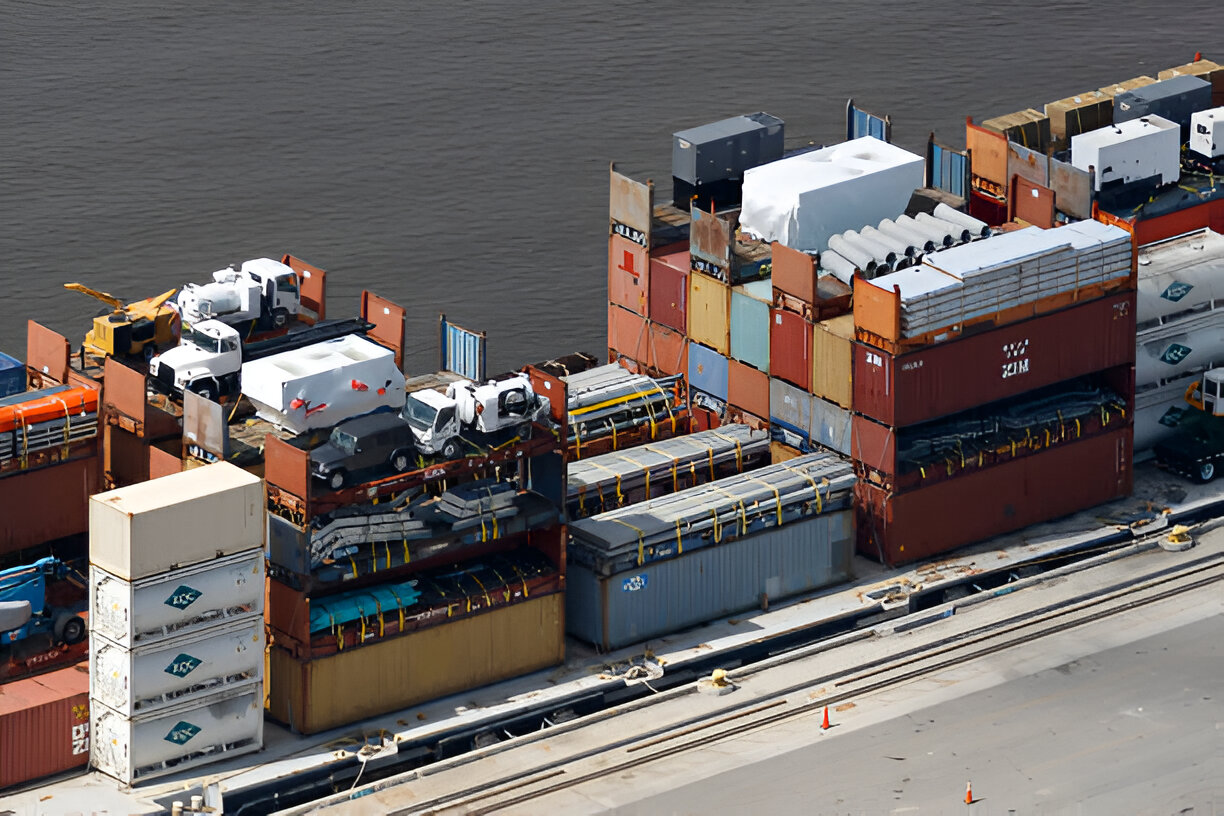
Undertaking major motorway building projects requires intricate planning and coordination to successfully manage the complex logistics. From sourcing materials to mitigating environmental impacts, many factors must be considered.
Transport and Delivery of Materials
Transporting the huge volumes of materials required for motorway construction poses major logistical challenges. Construction sites may need thousands of truck deliveries carrying concrete, steel, piping and more. Materials often come from widespread locations, so optimising haulage routes and ‘just in time’ delivery schedules is vital. Site access points need to be able to handle high traffic volumes. Rail and water transport may supplement road haulage. Efficient coordination between material suppliers, hauliers and worksite managers prevents delays.
Site Organisation
Construction sites must be meticulously organised into zones for different activities, equipment and materials. Site roads provide access for deliveries and movement between zones. Carefully scheduled plant hire and deliveries prevent bottlenecks. Sites may operate dedicated concrete or asphalt batching plants to avoid off-site transport. Fuel storage, power supplies and welfare facilities must be provided. Strict health and safety procedures govern all site operations.
Minimising Disruption
Motorway construction inevitably causes traffic disruption. Work is often done in phases, keeping sections of carriageway open where possible. Lane closures or contraflows may operate, ideally only at quieter times. Temporary speed limits ensure safety. Diversions route motorists away from closed carriageway sections. Advance signage and media alerts inform motorists of planned disruption. Public transport services may also require changes to timetables or routes.
Workforce Logistics
Large construction teams must be coordinated. Shift rotations may allow work to continue over long hours or around the clock. Staff require access to welfare and office facilities. Specialist subcontractors must be scheduled to complete specific tasks. Strong project management ensures productive team collaboration. Adequate staff parking, shuttle buses and other transport provisions are required. Robust security protocols govern site access.
Environmental Considerations
Construction projects have major environmental impacts. Strict protocols govern waste disposal, noise and dust control. Temporary drainage, flood prevention and erosion control measures are vital. Tree pruning or removal, wildlife relocation and habitat restoration may be needed. Archaeologists may be on site to identify historic remains. Careful planning aims to mitigate ecological harm and the impact on nearby communities.
The Importance of Effective Project Management
Effective project management is critical for the successful delivery of large-scale public sector construction projects like motorway building. Public sector construction companies need a strong project manager to plan and coordinate complex logistics, manage multidisciplinary teams, facilitate collaboration between stakeholders, monitor budgets and timelines, oversee quality control, and proactively mitigate risks.
With so many complex interdependent elements, motorway projects require diligent organisation and oversight to ensure efficient use of resources, minimise delays and disruptions, adhere to designs and specifications, and complete ambitious construction goals on schedule and within budget. The project manager plays a central role in orchestrating all aspects of the build safely, cost-effectively and with minimal impact on surrounding communities.
With extensive logistical coordination, major motorway construction projects can run efficiently while minimising costs, delays and disruption. Although complex, careful planning facilitates successful delivery of essential highways infrastructure.